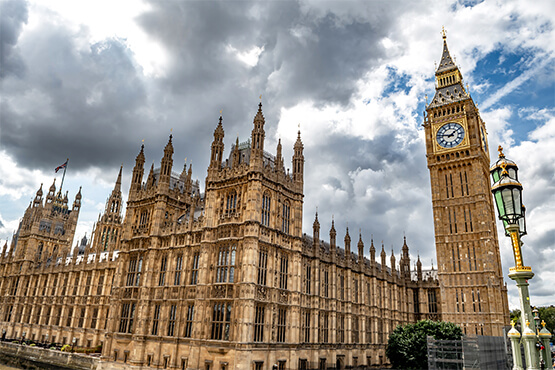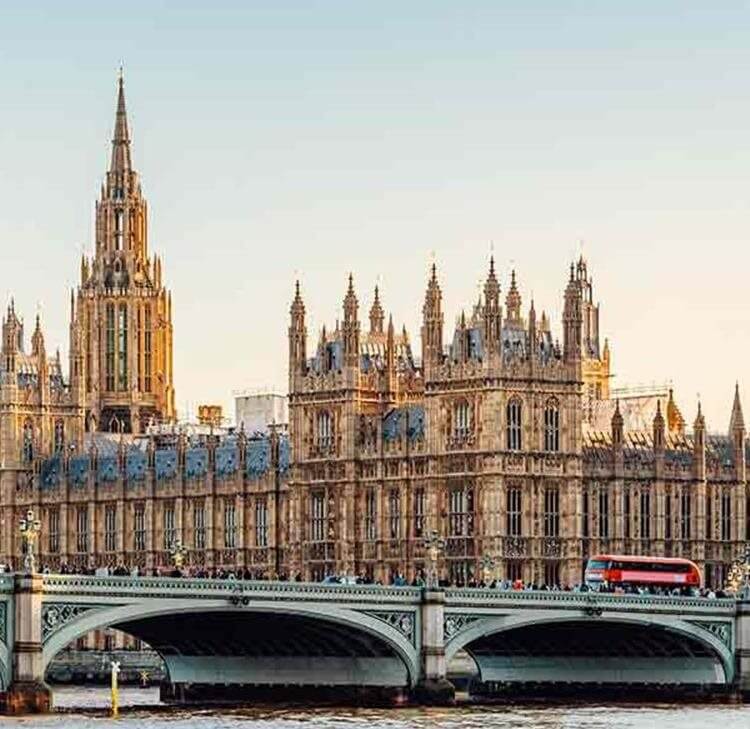Your anti-modern slavery obligations – a reminder that even the biggest companies are facing challenges…
It has recently been reported that a well-known UK law firm has sent British American Tobacco (BAT) a pre-action letter alleging forced and child labour on behalf of 350 child labourers working on tobacco crops in Malawi.
It has recently been reported that a well-known UK law firm has sent British American Tobacco (BAT) a pre-action letter alleging forced and child labour on behalf of 350 child labourers working on tobacco crops in Malawi. If no satisfactory response is received the case will be issued in the High Court in London. It is anticipated that the claimant group could rise to 15,000 – with many of these claimants also being child workers earning no more than £100 to £200 for 10 months work.
It has been reported that BAT informed farmers that children must not be used as unpaid labour, but lawyers argue that families cannot afford to work the fields without resorting to this, as the crop price is so low.
This negative publicity for BAT comes only a few months after it was praised for the quality of its modern slavery statement (published pursuant to section 54 of the Modern Slavery Act 2015 (MSA)), having been ranked equal third in the 2019 Global Governance FTSE 100 Index - a league table that gauges the quality of FTSE 100 companies’ modern slavery statements and reveals year-on-year improvements.
BAT’s 2018 modern slavery statement said that BAT had “traceability down to the tier 2 farm level” in respect of tobacco leaf agricultural suppliers and that they had delivered “training, awareness raising and capacity building on human rights, child and forced labour issues to over 134,000 farmers and rural community members.” They also referenced the Sustainable Tobacco Programme – an industry-wide initiative to bring together best practice and drive improvement – and stated that they always conduct their “operations in a way that respects the human rights of our employees, the people we work with and the communities in which we operate.”
News of this nascent claim against BAT acts as a timely reminder to even the largest organisations that having a good quality modern slavery statement does not make you immune from supply chain issues and legal challenge. Clearly the outcome of any case against BAT could have significant implications for MSA compliance and supply chain monitoring more generally – with organisations potentially having to do more to identify modern slavery in remote parts of their supply chains. We may also see longer, more detailed modern slavery statements and an increased appetite on the part of claimants and their lawyers to present court claims.
We will be closely monitoring developments and will issue further updates in due course – but, in the meantime, in scope organisations are encouraged to review your modern slavery statements, conduct careful risk assessments and to monitor your supply chains and yourselves with appropriate rigour.
Contact

Raymond Silverstein
Partner
raymond.silverstein@brownejacobson.com
+44 (0)207 337 1021








































